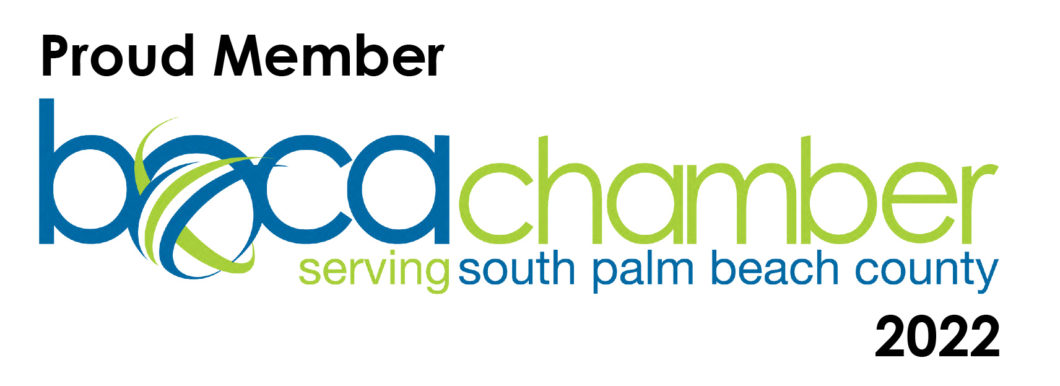Legal language is important in all your business documents, even digital ones. Business attorneys and websites go hand-in-hand when your business is online. It is critical for a business operating on the web to have the proper legal language to better protect from lawsuits, and a great legal partner should the need to litigate arise. Even if the web isn’t the primary place where you conduct business, it makes sense to work with a business attorney that can evaluate the needs for your website. It’s also important to understand the legalese of the websites you use when working with other businesses online, such as suppliers, manufacturers and service providers.
E-commerce & Membership websites need Terms & Conditions, Privacy policies and user agreements.
Many businesses think that they can copy/paste legal jargon from a competitor’s website and assume it will work for them. However, truly knowing what that language represents, or plugging loopholes in the language can make all the difference. Whether you have a brand new, game-changing product/service, or have competitors already online, it makes sense to have an attorney look at existing language, while tailoring specific language for your unique needs. This often varies by location/municipality, as well as industry. It is also worth noting that one pitfall of using existing, canned language is that landmark cases and court rulings (federal and state) can invalidate language, or change the way certain policies are interpreted. Using someone else’s old, stale language to protect your business is like carrying an umbrella with a hole in it.
Protecting your assets
It’s common to have User Agreements that protect assets, including intellectual property, as well as define user behavior that is allowed and, more importantly, not allowed.
Website “Terms & Conditions” typically list information about cookie policies, and how data is used. It can also provide details on return/exchange/refund policies. Shipping and handling costs, restocking fees, final sale items, and sales taxes are important to clearly delineate. Being up front regarding who pays return shipping of an item, for example is not only good business, but important to ensuring expectations are met. While you may not face litigation for a customer paying to return an item of clothing, you may have an issue if you are shipping manufacturing equipment. Each business has different needs, and meeting with an attorney can help you identify what is likely to be an issue for you and your customers. These website terms are a step towards proactive protection for your company.
Reseller, Distributer & Affiliate Programs
It’s extremely common for online businesses to have specific language for those also selling or promoting the product. It is important to ensure that everyone selling your product understands not only their compensation structure, and how/when they will be paid, but it is also important for them to understand any territorial exclusivity, or any boundaries that they have, both geographically and online.
Affiliates often have unique referral codes or promo codes. It is important to let them know the manner that they can present your product/service. For example, excluding promoting your business with mature content/language should be prohibited. Some businesses generate repeat or subscription business – something important to clearly identify when commissions are and aren’t paid. It’s also important to clearly spell out how promotional discounts, shipping & handling and price changes affect commissions, among other factors.
Cookie policies & Laws in the EU
There are no US cookie laws, which is why Cookie Monster is still running amok. In all seriousness, we are referring to website cookies – files used to track users and their behavior online. Businesses operating in Europe have more strict requirements with regards to disclosing and opting in to cookie use. You may see banners at the bottom of websites disclosing (and allowing users to accept/reject) cookie use and cookie use policies. These banners are required to meet EU law, and are important to businesses doing business in Europe.
EU law requires you request consent before tracking a user with cookies. To be clear, having cookies on your website and tracking a user with cookies are two different things. So just using cookies doesn’t mean you need a banner.
The devil is in the details. From a technical standpoint, getting the tracking functionality to happen after a user accepts cookies is important to get right. Xander Frangos, Lead Web Developer for local agency Green Group Studio warns:
“If these website banners aren’t actually backed up by the correct functionality, you are violating EU law just as much as if you didn’t have a banner at all. Simply telling users that your site has cookies is acceptable for some EU countries (like the UK) but not all.”
To be fully compliant, you must have a cookie policy listed on your website and have a way to opt in and out.
ADA COMPLIANCE
Government entities and large companies are increasingly being sued for their websites not meeting ADA requirements. There has been an increase in litigating websites that have a lack of ADA compliance. These matters can get very technical, and are often litigated by “trolls” – people seeking a pay day, vs. having a legitimate need, or suffering a legitimate loss due to a visually impaired person not being able to properly navigate a website. Having the right attorney can help you avoid litigation as well as aggressively protect your rights in the courtroom.
At Lubliner Law we are passionate about protecting our clients and have our finger on the pulse of the current trends affecting your legal exposure online.
Business Representation for:
- Creation or review of website legal text:
- User Agreement
- Privacy Policy
- Cookie Opt-in
- Terms & Conditions
- Online contracts for:
- Distributor Agreements
- Reseller Agreements
- Affiliate Agreements
- ADA-related litigation/claims
At Lubliner Law, we have successfully assisted our clients in a variety of matters involving legal language for subscription and e-commerce websites, as well as general business websites. We’ve represented our clients in all aspects of business law, including litigation when necessary. We are experienced advocates that vigorously represent the rights of our clients. Call Lubliner Law (561) 207-2018 for a free consultation, or email info@lubliner-law.com — We’re here to protect your business and assets.

 Legal language for your website
Legal language for your website 



